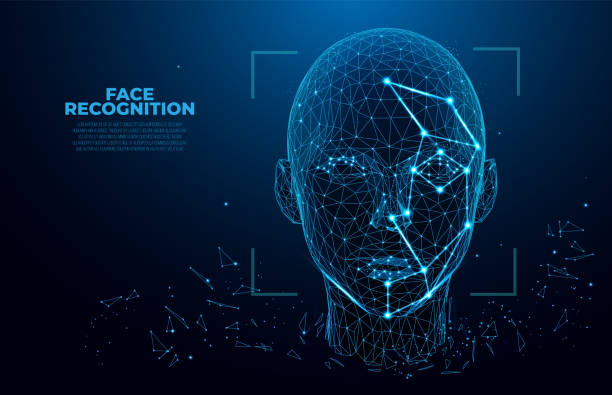Facial recognition technology has made significant advancements in recent years, and while it offers many benefits, it also poses a significant threat to personal privacy. From law enforcement agencies using it to identify suspects to businesses employing it for security purposes, the widespread adoption of facial recognition technology is raising concerns about how it could be used to invade privacy and erode civil liberties.
Facial recognition technology works by analyzing and mapping facial features to create a unique identifier for each individual. This identifier can then be used to match a person against a database of images, allowing for quick and accurate identification. While this technology has obvious applications in security and law enforcement, it also has the potential to be misused in ways that infringe on personal privacy.
One of the primary concerns about facial recognition technology is its potential for mass surveillance. With cameras now ubiquitous in public spaces, the ability to track and monitor individuals in real-time is becoming a reality. This level of surveillance raises significant questions about the right to privacy in public spaces and the potential for abuse by both government and private entities.
Additionally, facial recognition technology is not infallible. There have been numerous reports of false positives, where individuals are misidentified, leading to wrongful arrests and other serious consequences. These errors are particularly concerning when the technology is used in law enforcement, where a mistaken identity can have life-altering effects.
The use of facial recognition technology also raises broader ethical questions about consent and control. In many cases, individuals are not aware that their faces are being scanned and stored, and they have little control over how their data is used. This lack of consent undermines the principle of personal autonomy and raises concerns about the potential for abuse.
As facial recognition technology continues to evolve, it is essential that we establish clear regulations and guidelines to protect personal privacy. This includes ensuring that the use of this technology is transparent, that individuals have the right to opt-out, and that there are robust safeguards in place to prevent abuse.


